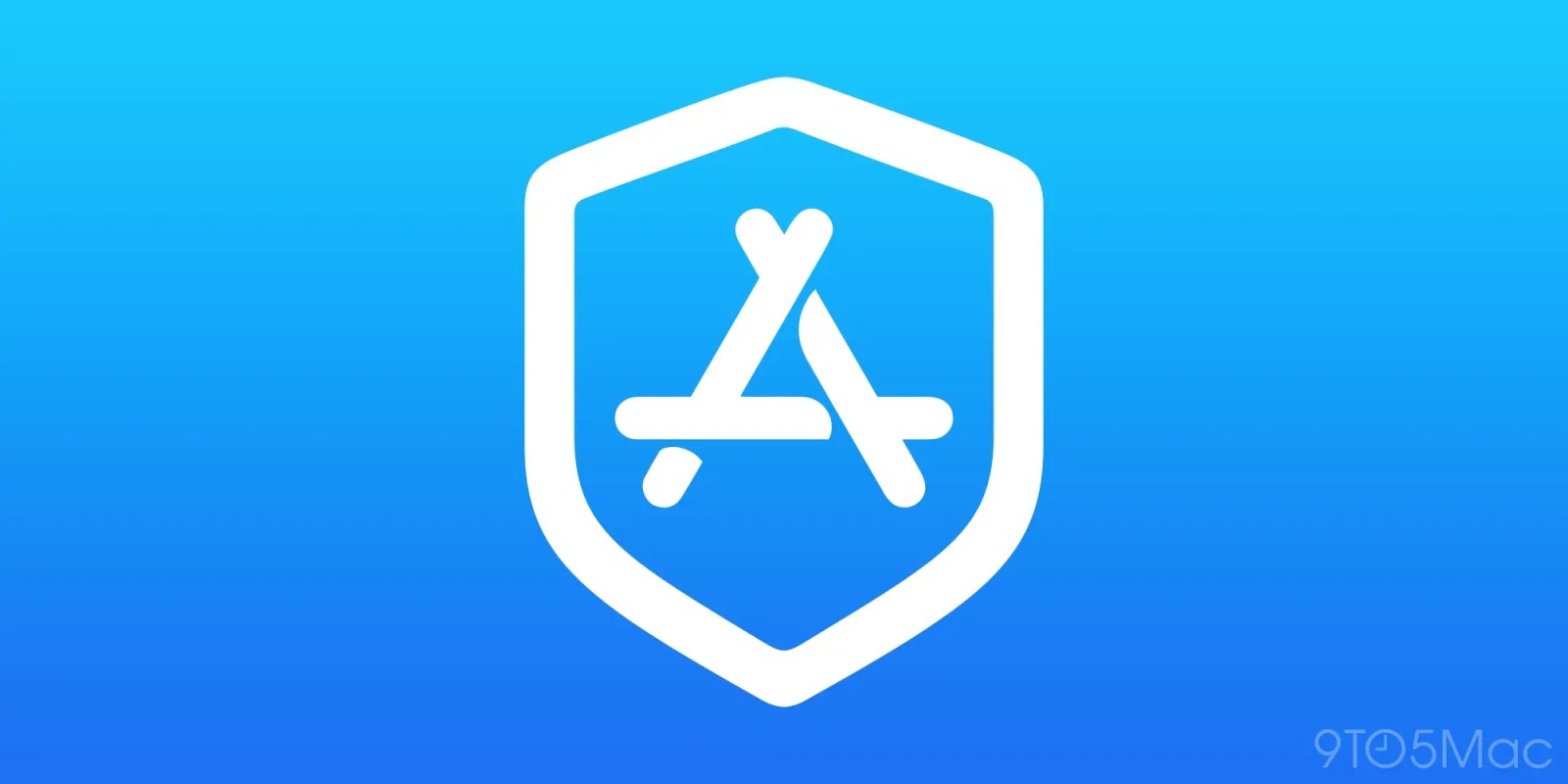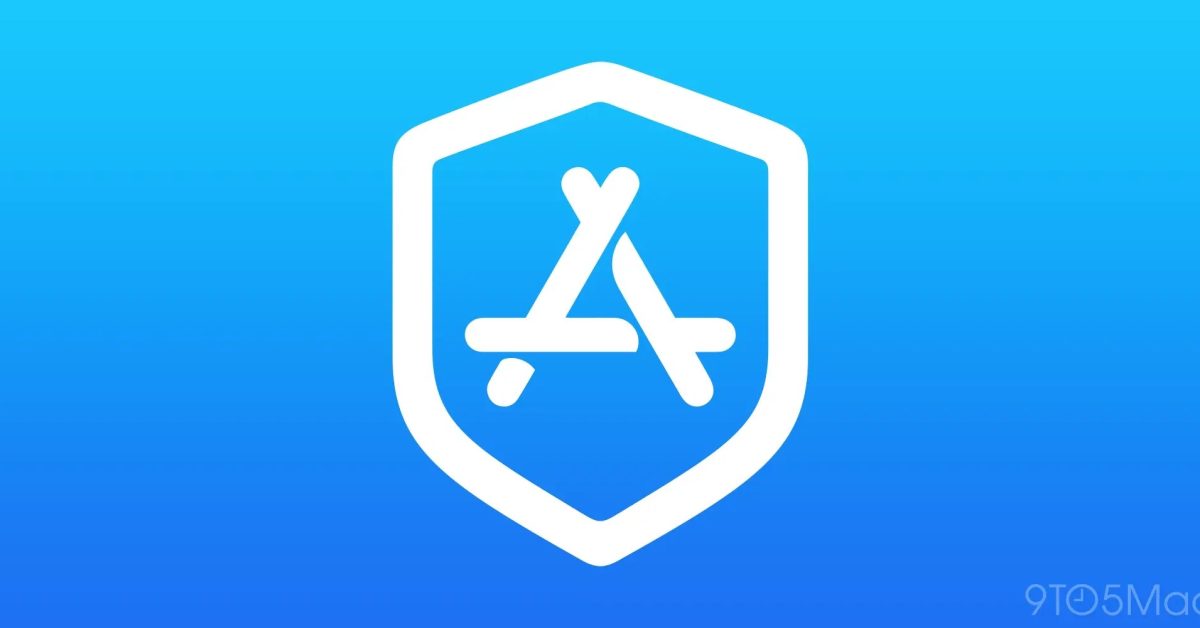
iOS 17.4 offers a number of changes for the App Store and iPhone in the European Union. This includes things like third-party app marketplaces and support for alternative browser engines. One byproduct of these changes, however, is that iOS 17.4 removes support for Home Screen web apps in the EU.
Apple has now offered an explanation for this decision, confirming that the omission was not a bug. Instead, it’s because of requirements under the Digital Markets Act.
Web apps on iOS 17.4 in the EU
Last week, iPhone users in the European Union noticed that they were no longer able to install and run web apps on their iPhone’s Home Screen in iOS 17.4. Apple has added a number of features over the years to improve support for progressive web apps on iPhone. For example, iOS 16.4 allowed PWAs to deliver push notifications with icon badges.
One change in iOS 17.4 is that the iPhone now supports alternative browser engines in the EU. This allows companies to build browsers that don’t use Apple’s WebKit engine for the first time. Apple says that this change, required by the Digital Markets Act, is why it has been forced to remove Home Screen web apps support in the European Union.
Apple explains that it would have to build an “entirely new integration architecture that does not currently exist in iOS” to address the “complex security and privacy concerns associated with web apps using alternative browser engines.”
This work “was not practical to undertake given the other demands of the DMA and the very low user adoption of Home Screen web apps,” Apple explains. “And so, to comply with the DMA’s requirements, we had to remove the Home Screen web apps feature in the EU.”
“EU users will be able to continue accessing websites directly from their Home Screen through a bookmark with minimal impact to their functionality,” Apple continues.
It’s understandable that Apple wouldn’t offer support for Home Screen web apps for third-party browsers. But why did it also remove support for Home Screen web apps for Safari? Unfortunately, that’s another side effect of the Digital Markets Act.
The DMA requires that all browsers have equality, meaning that Apple can’t favor Safari and WebKit over third-party browser engines. Therefore, because it can’t offer Home Screen web apps support for third-party browsers, it also can’t offer support via Safari.
Apple’s full explanation follows, which was published on Apple’s developer website today:
lockquote class=”wp-block-quote”>
To comply with the Digital Markets Act, Apple has done an enormous amount of engineering work to add new functionality and capabilities for developers and users in the European Union – including more than 600 new APls and a wide range of developer tools.
The iOS system has traditionally provided support for Home Screen web apps by building directly on WebKit and its security architecture. That integration means Home Screen web apps are managed to align with the security and privacy model for native apps on iOS, including isolation of storage and enforcement of system prompts to access privacy impacting capabilities on a per-site basis.
Without this type of isolation and enforcement, malicious web apps could read data from other web apps and recapture their permissions to gain access to a user’s camera, microphone or location without a user’s consent. Browsers also could install web apps on the system without a user’s awareness and consent. Addressing the complex security and privacy concerns associated with web apps using alternative browser engines would require building an entirely new integration architecture that does not currently exist in iOS and was not practical to undertake given the other demands of the DMA and the very low user adoption of Home Screen web apps. And so, to comply with the DMA’s requirements, we had to remove the Home Screen web apps feature in the EU.
EU users will be able to continue accessing websites directly from their Home Screen through a bookmark with minimal impact to their functionality. We expect this change to affect a small number of users. Still, we regret any impact this change — that was made as part of the work to comply with the DMA — may have on developers of Home Screen web apps and our
lockquote>
iOS 17.4 is currently available to developers and public beta testers, and is slated for a release in early March.
FTC: We use income earning auto affiliate links. More.



![[CITYPNG.COM]White Google Play PlayStore Logo – 1500×1500](https://startupnews.fyi/wp-content/uploads/2025/08/CITYPNG.COMWhite-Google-Play-PlayStore-Logo-1500x1500-1-630x630.png)